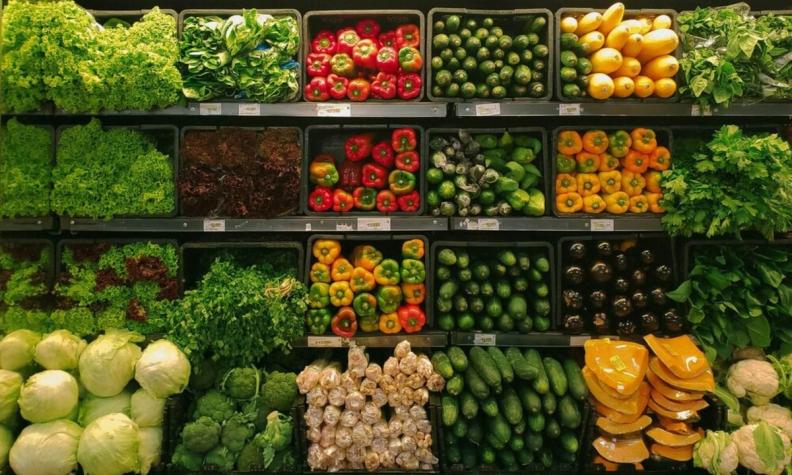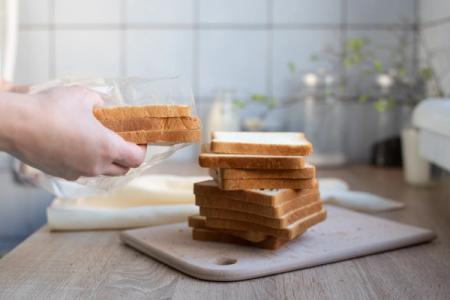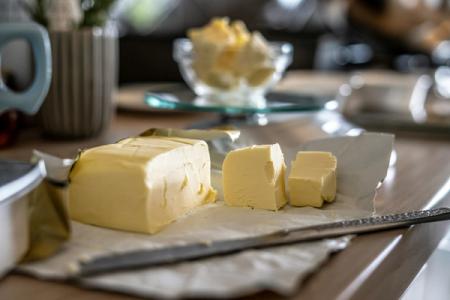This simple kitchen trick saves time and helps reduce food waste.How and When to Wash Your Fresh Produce

We’ve all been there: 6PM rolls around, you’ve finished the work day, and all you can think about is dinner. With this simple trick, the time between preparing your meal and actually enjoying it becomes satisfyingly shorter.
Whenever you get back from the grocery store, try washing all the fresh produce (including anything in a plastic container) right away, before storing it in your fridge or pantry. This wash-first method saves time whenever you’re cooking, and reduces food waste by pushing you to use up fresh produce sooner, now that it’s all washed and ready to go. Try it out after your next trip to the farmer’s market or after a grocery store Surprise Bag pickup—trust us, your future self will thank you.

First, fill a large bowl with water in your sink. Remove your produce from any plastic bags/containers (bonus points if you brought your own reusable bags to the market), and let it soak in the bowl of water for about 30 seconds before laying everything out on a clean dish towel. The bowl method allows you to save/reuse water, and is especially effective at quickly removing dirt from the nooks and crannies of heads of lettuce, mushrooms, and herb bunches.
Next, leave the produce out on the towels for about an hour, flipping each item halfway through, to make sure everything air dries fully. It’s important to make sure your produce is dry before storing, as too much moisture will speed up rotting or wilting. You can also use a clean dish towel to dry off any excess water before storing.
When you’re ready to put everything away, wrap softer vegetables like herbs and lettuce in dish towels, and place smaller, firmer items like carrots and radishes in clean produce bags or jars of water before placing them in the fridge. Properly storing produce ensures a longer shelf life and little-to-no food waste. Additionally, you can always rely on the freezer whenever you find yourself with excess food at the end of the week.

Share




